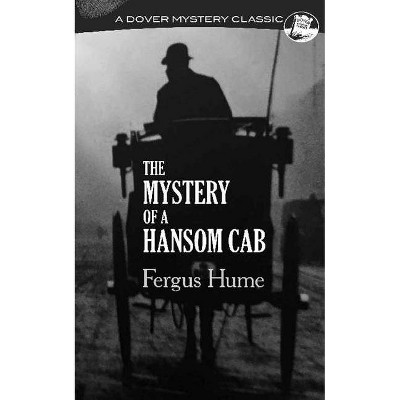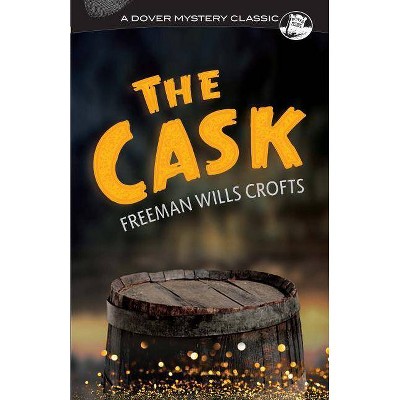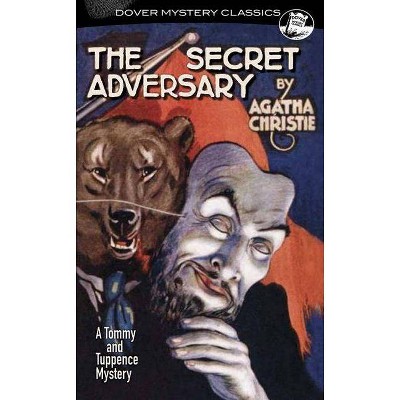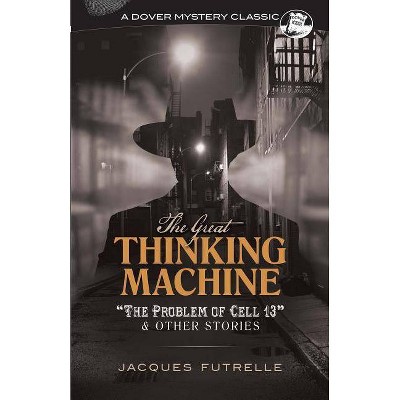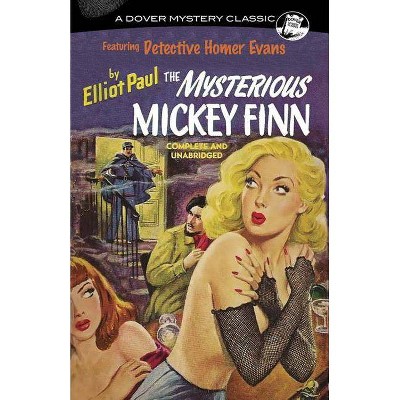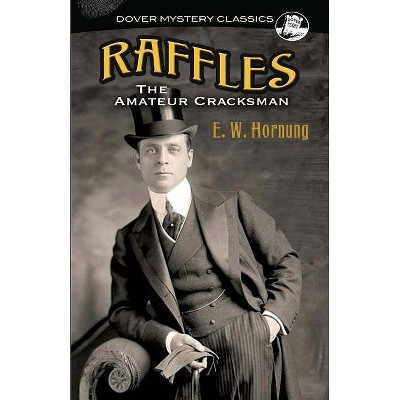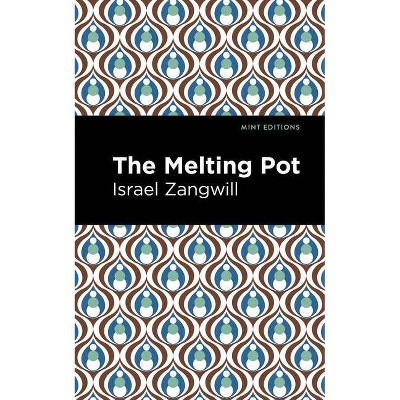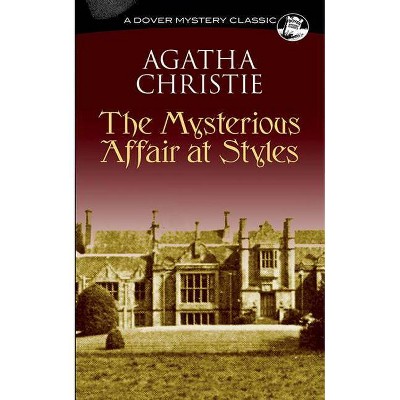The Big Bow Mystery - (Dover Mystery Classics) by Israel Zangwill (Paperback)
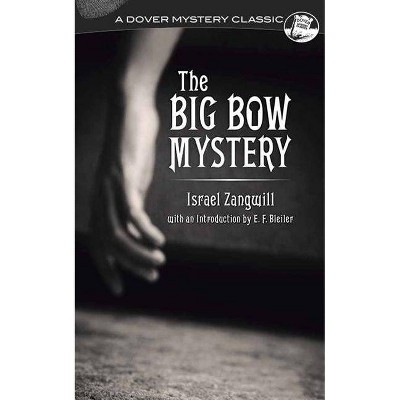
Similar Products
Products of same category from the store
AllProduct info
<p/><br></br><p><b> About the Book </b></p></br></br>Sealed-room mysteries had appeared before this 1891 publication but the author's inventive, deftly humorous treatment offered a novel exploitation of the genre's puzzling possibilities, marking a turning point in detective fiction.<p/><br></br><p><b> Book Synopsis </b></p></br></br>On a chilly December morning in Bow, a working-class area in London's East End, a landlady unsuccessfully attempts to rouse a tenant whose door is locked and bolted from the inside. The alarmed landlady calls upon her neighbor, a retired Scotland Yard detective, who breaks down the door to reveal the tenant with his throat cut and no weapon in sight. It seems clear that the deceased did not commit suicide, the coroner declares at the inquest, adding, It seems equally clear that the deceased was not murdered.<br>So begins Israel Zangwill's darkly humorous mystery, which marked a turning point in detective fiction. Sealed-room mysteries had appeared before, but this inventive tale offered a novel exploitation of the genre's puzzling possibilities. The 1891 publication was serialized in the <i>London Star, </i> a tabloid notorious for its sensational coverage of the Jack the Ripper murders. Between installments, Zangwill engaged in a lively dialogue with his readers, who proposed solutions to the crime (none of them correct). As <i>Publishers Weekly</i> noted, With a sardonic style and vivid, Dickensian characterizations of Victorian-era London, Zangwill still appeals to contemporary readers<p/><br></br><p><b> From the Back Cover </b></p></br></br><p>On a chilly December morning in Bow, a working-class area in London's East End, a landlady unsuccessfully attempts to rouse a tenant whose door is locked and bolted from the inside. The alarmed landlady calls upon her neighbor, a retired Scotland Yard detective, who breaks down the door to reveal the tenant with his throat cut and no weapon in sight. It seems clear that the deceased did not commit suicide, the coroner declares at the inquest, adding, It seems equally clear that the deceased was not murdered.<br>So begins Israel Zangwill's darkly humorous mystery, which marked a turning point in detective fiction. Sealed-room mysteries had appeared before, but this inventive tale offered a novel exploitation of the genre's puzzling possibilities. The 1891 publication was serialized in the <i>London Star, </i> a tabloid notorious for its sensational coverage of the Jack the Ripper murders. Between installments, Zangwill engaged in a lively dialogue with his readers, who proposed solutions to the crime (none of them correct). As <i>Publishers Weekly</i> noted, With a sardonic style and vivid, Dickensian characterizations of Victorian-era London, Zangwill still appeals to contemporary readers.<br><b>www.doverpublications.com</b></p><p/><br></br><p><b> About the Author </b></p></br></br>Novelist, short story writer, and playwright Israel Zangwill (1864-1926) was a political activist and known as the Dickens of the ghetto for his stories of life in London's immigrant Jewish community. His play <i>The Melting Pot</i> gave rise to the metaphor of America as a crucible for the melding of nationalities.
Price History
Price Archive shows prices from various stores, lets you see history and find the cheapest. There is no actual sale on the website. For all support, inquiry and suggestion messagescommunication@pricearchive.us

